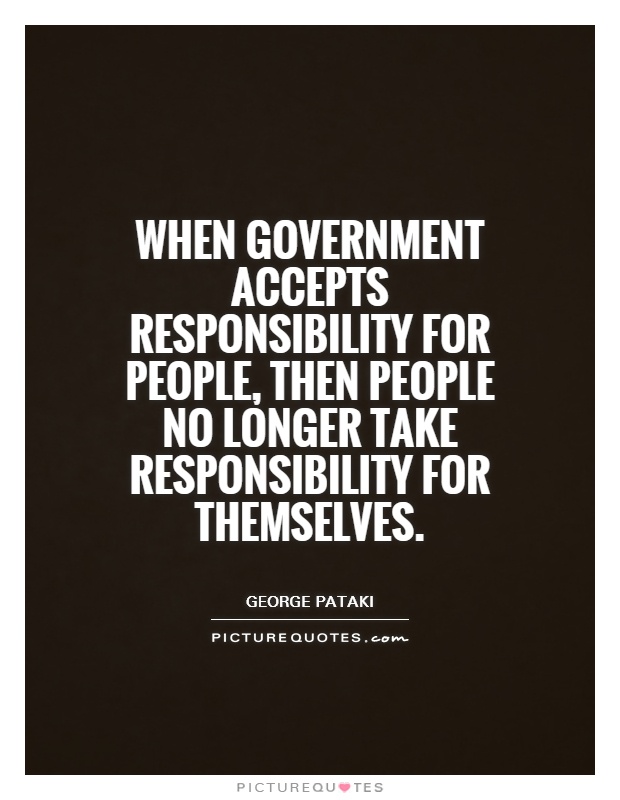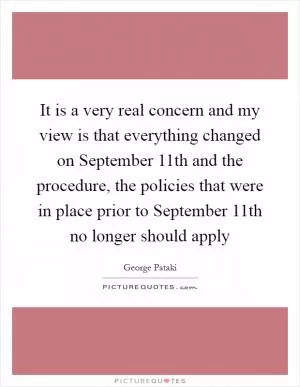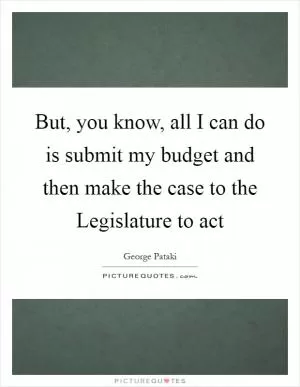When government accepts responsibility for people, then people no longer take responsibility for themselves

When government accepts responsibility for people, then people no longer take responsibility for themselves
George Pataki, the former Governor of New York, is a staunch advocate for limited government intervention in the lives of individuals. He believes that when the government accepts responsibility for people, individuals no longer take responsibility for themselves. Pataki's political philosophy is rooted in the belief that individuals should be self-reliant and independent, and that government should only intervene when absolutely necessary.Pataki's views on government responsibility and individual accountability are reflected in his policies and actions as Governor of New York. During his time in office, Pataki focused on reducing government spending, cutting taxes, and promoting economic growth through free-market principles. He believed that by reducing the size and scope of government, individuals would be empowered to take control of their own lives and make decisions that are in their best interest.
Pataki's approach to governance was not without controversy, as some critics argued that his policies disproportionately impacted low-income individuals and marginalized communities. However, Pataki remained steadfast in his belief that government should not be in the business of providing for individuals, but rather should create an environment where individuals can thrive and succeed on their own merit.
Pataki's views on government responsibility and individual accountability are particularly relevant in today's political climate, where debates over the role of government in society are ongoing. As the debate over government intervention in areas such as healthcare, education, and social welfare continues, Pataki's perspective serves as a reminder of the importance of individual responsibility and self-reliance.












 Friendship Quotes
Friendship Quotes Love Quotes
Love Quotes Life Quotes
Life Quotes Funny Quotes
Funny Quotes Motivational Quotes
Motivational Quotes Inspirational Quotes
Inspirational Quotes